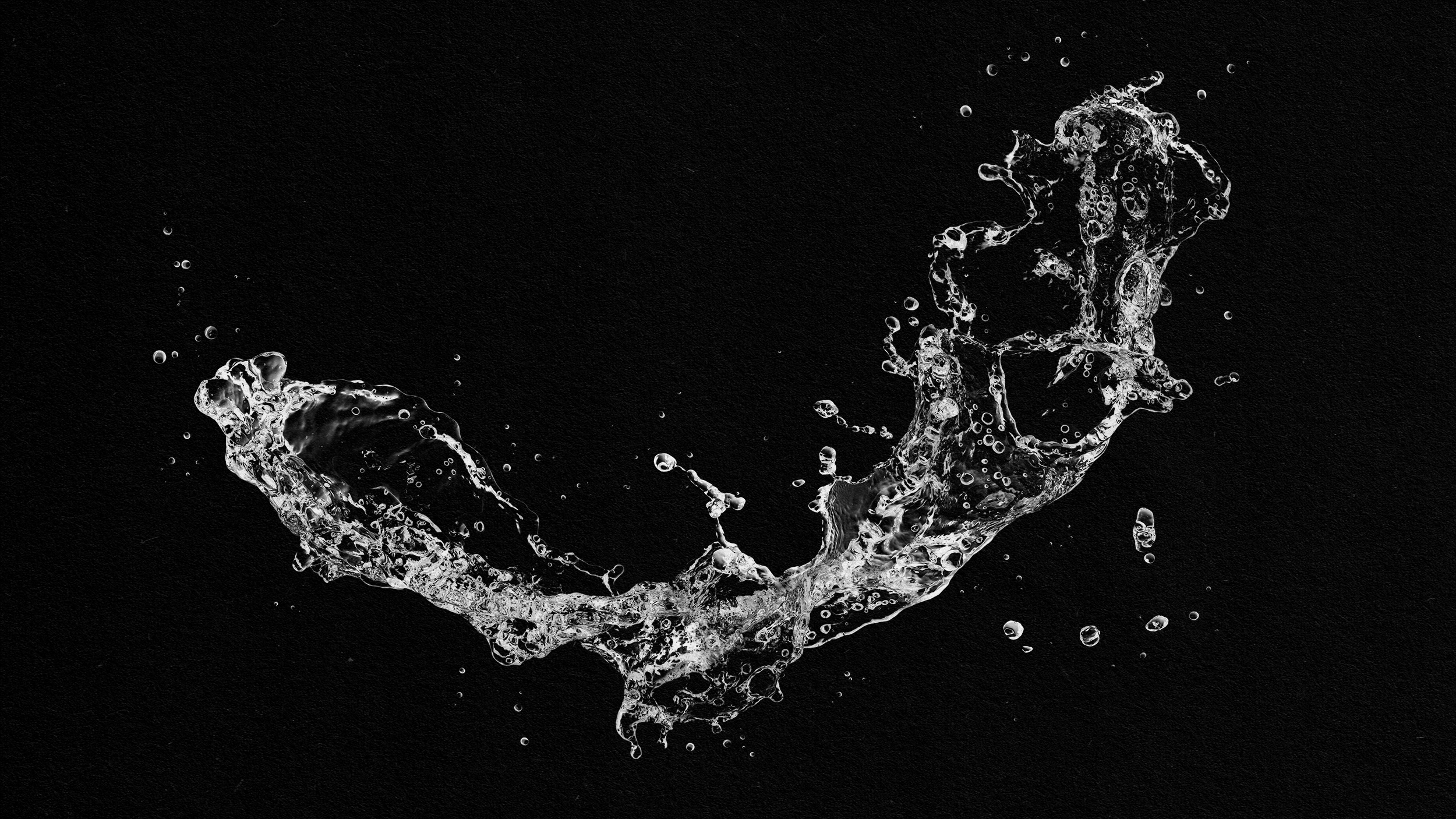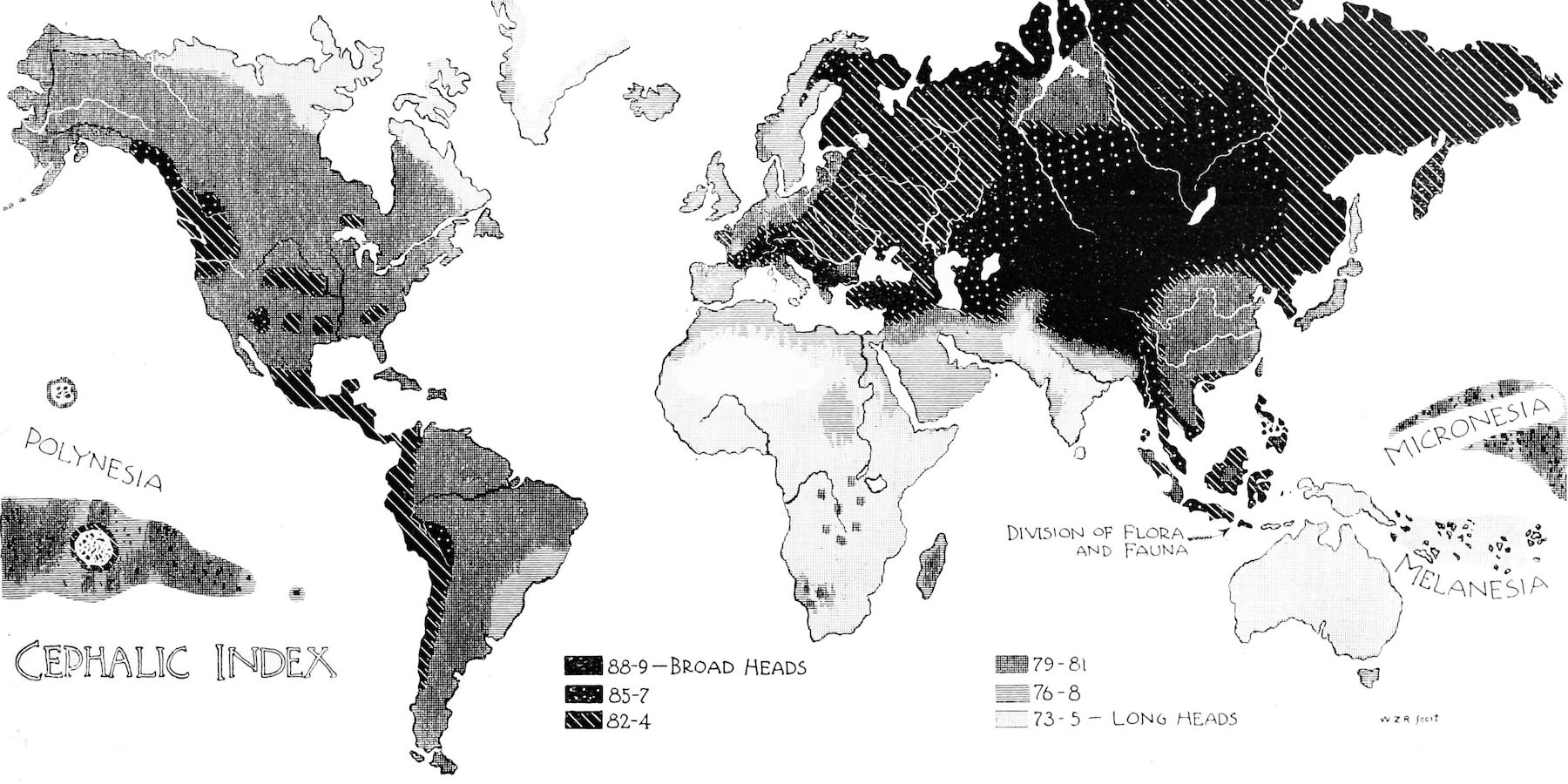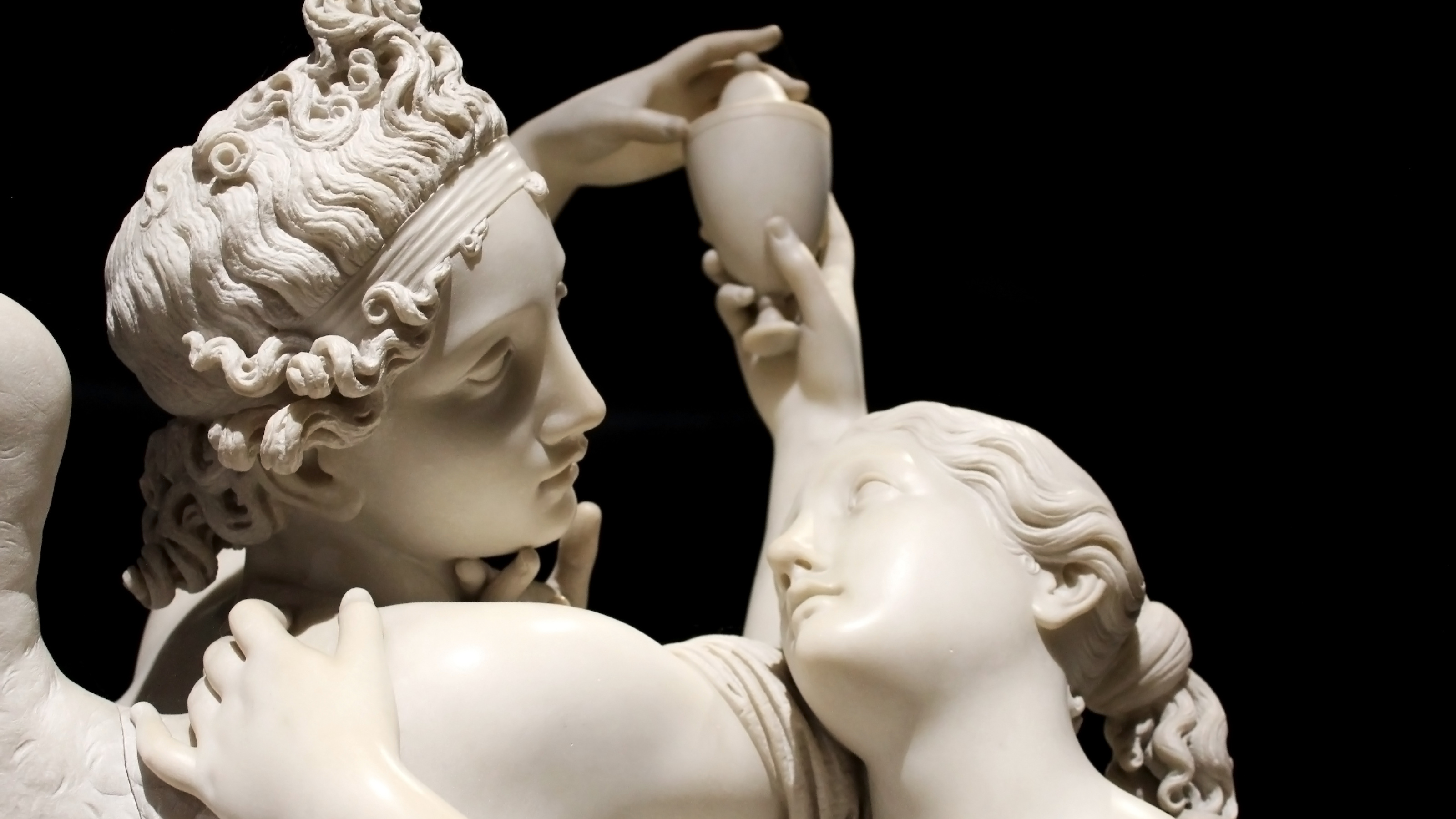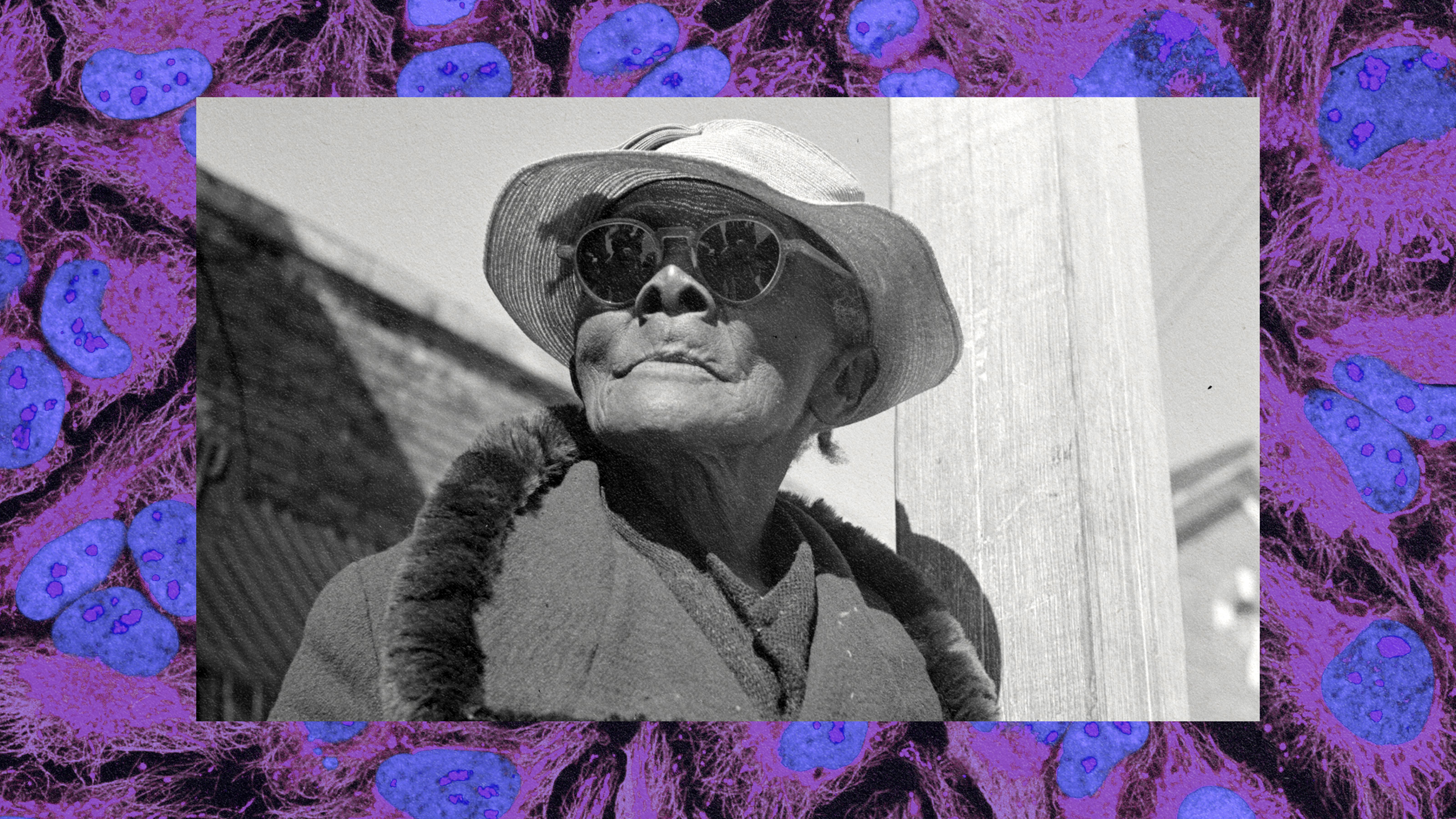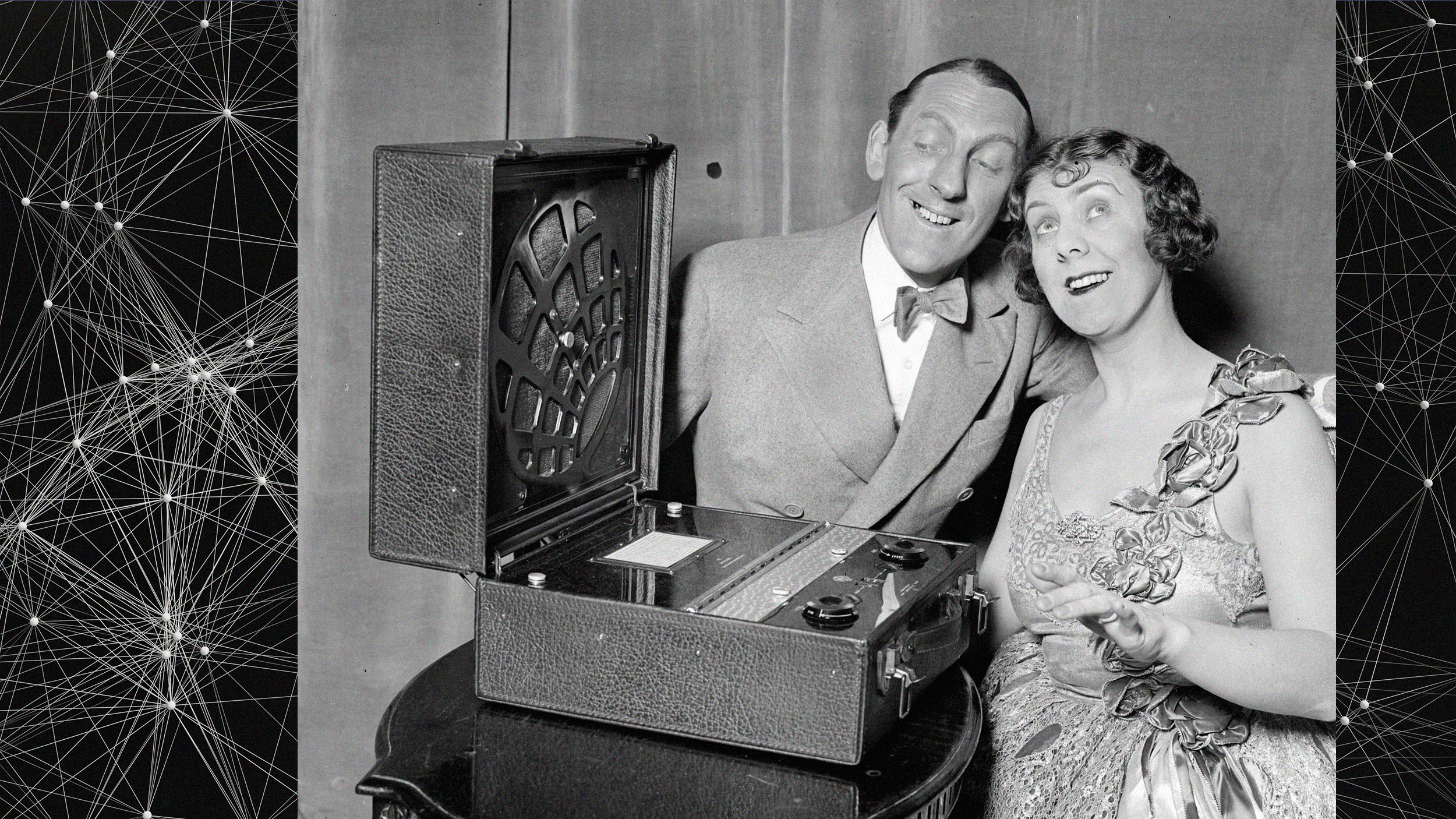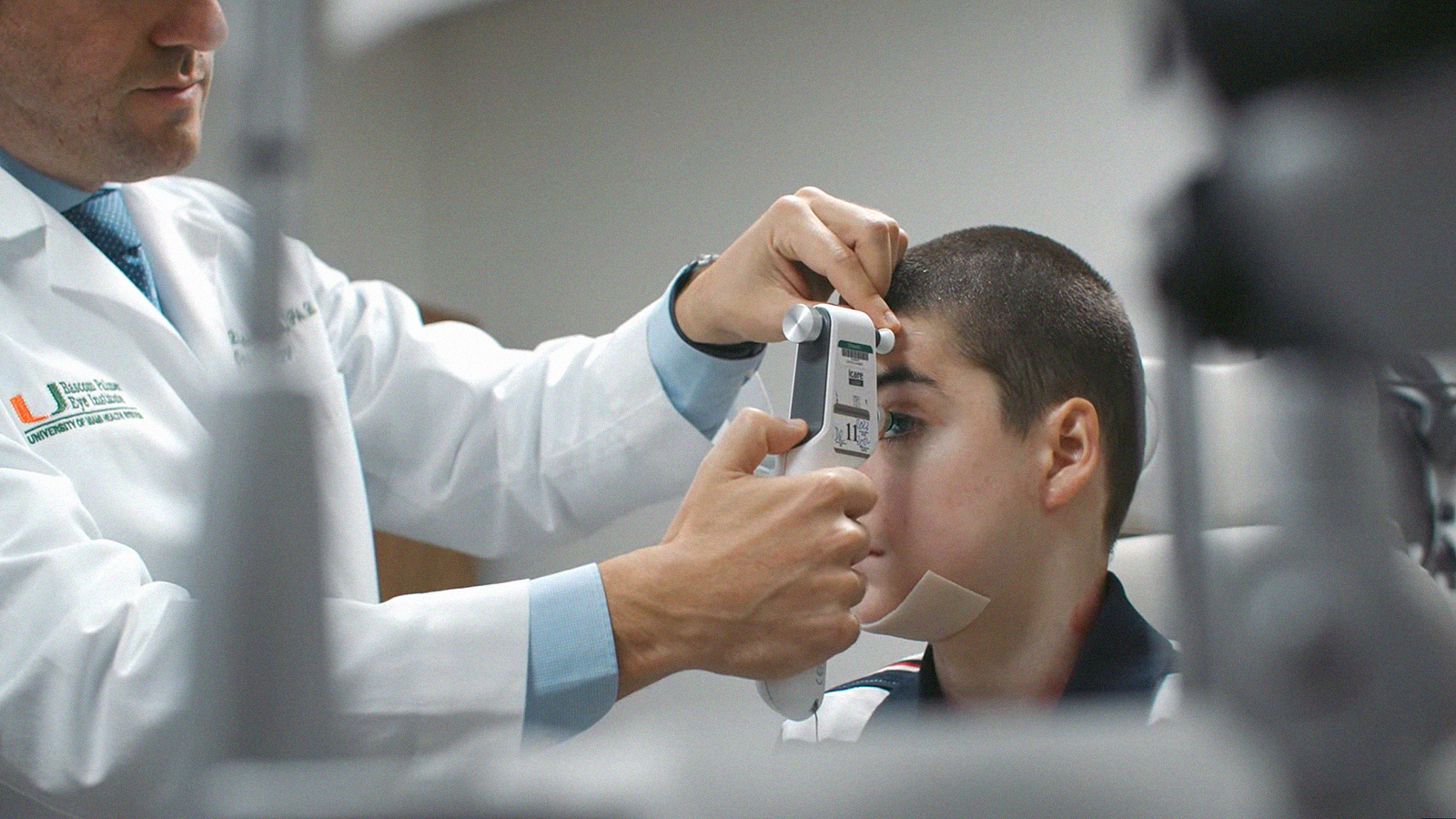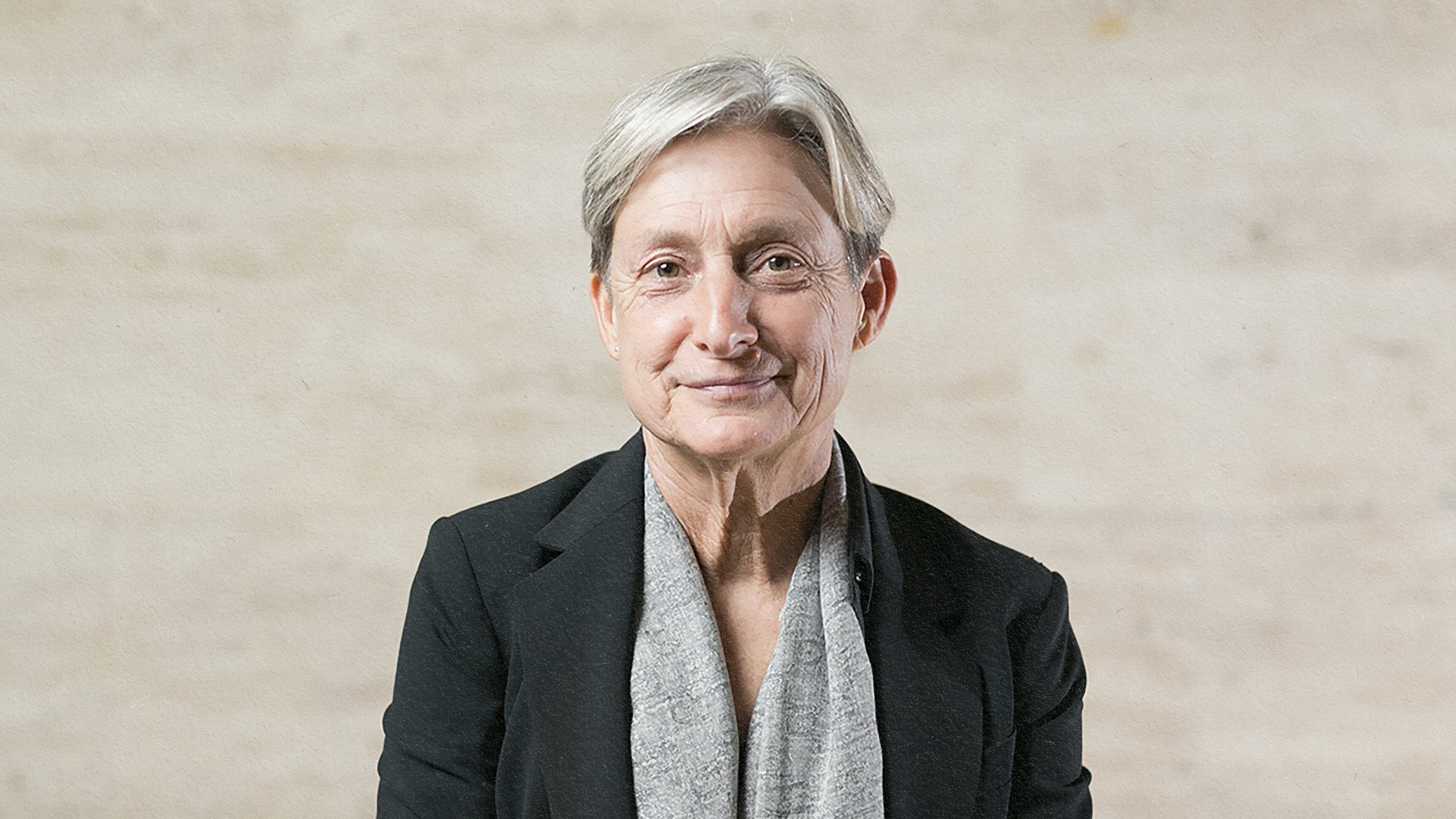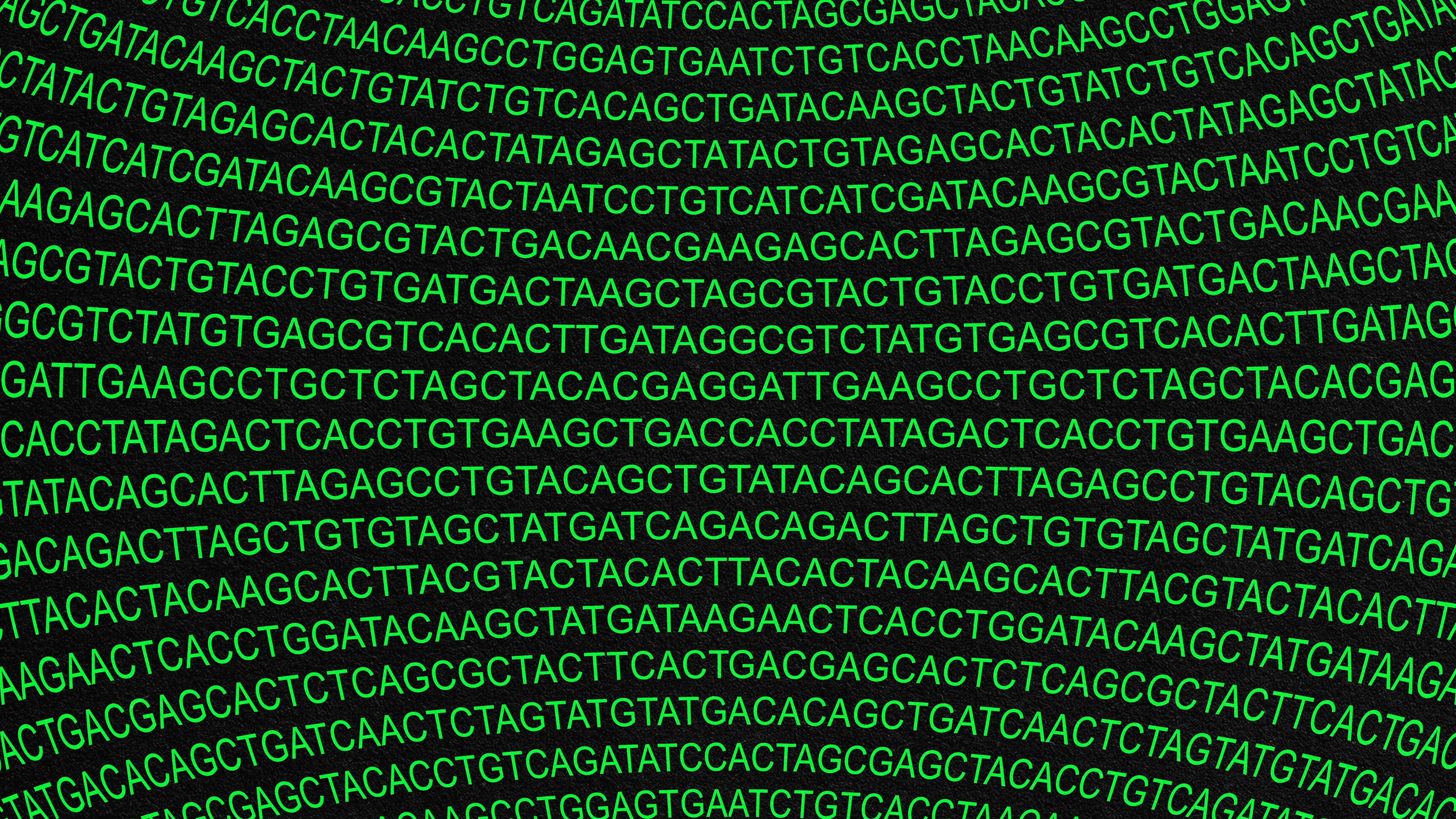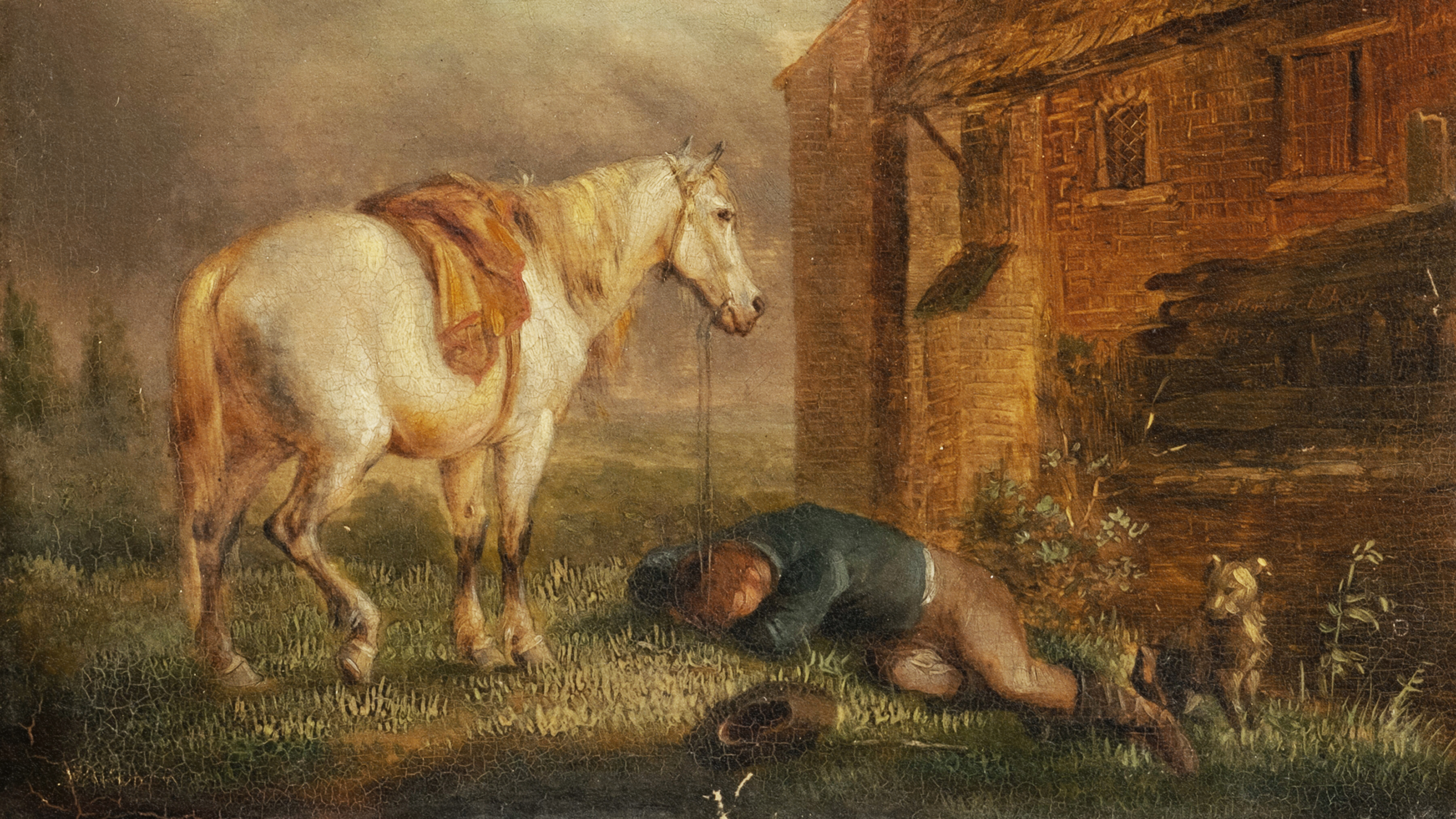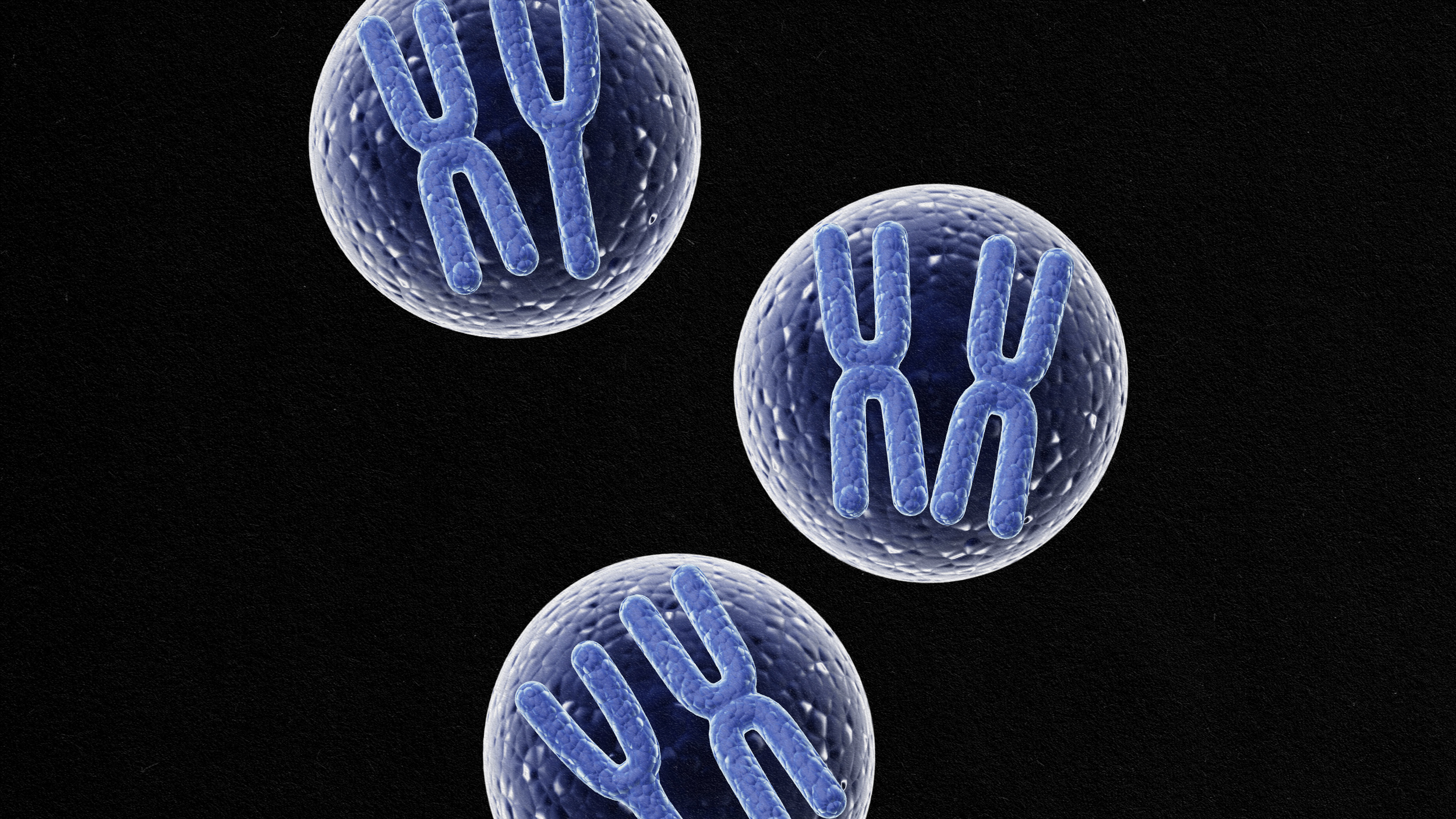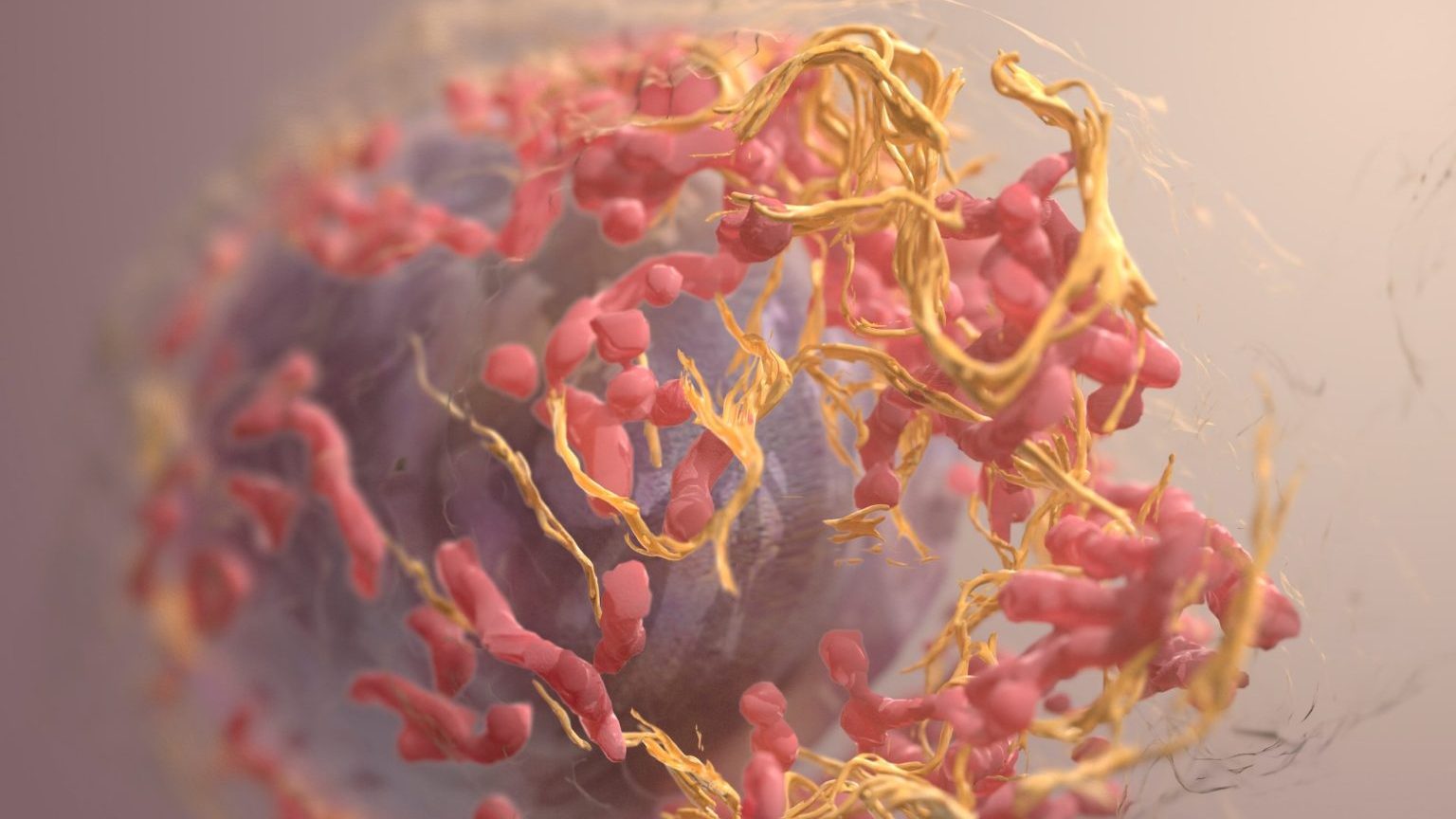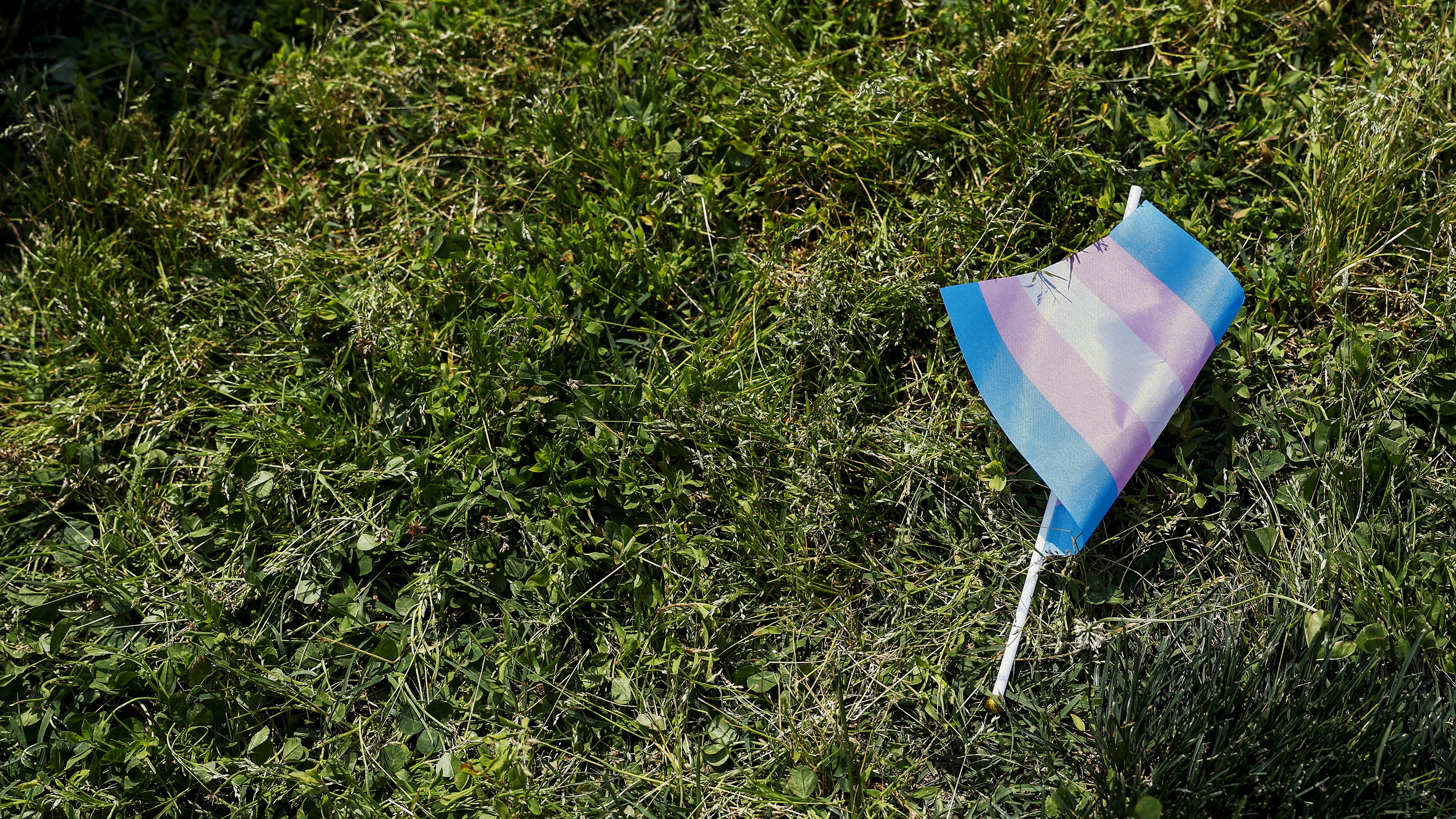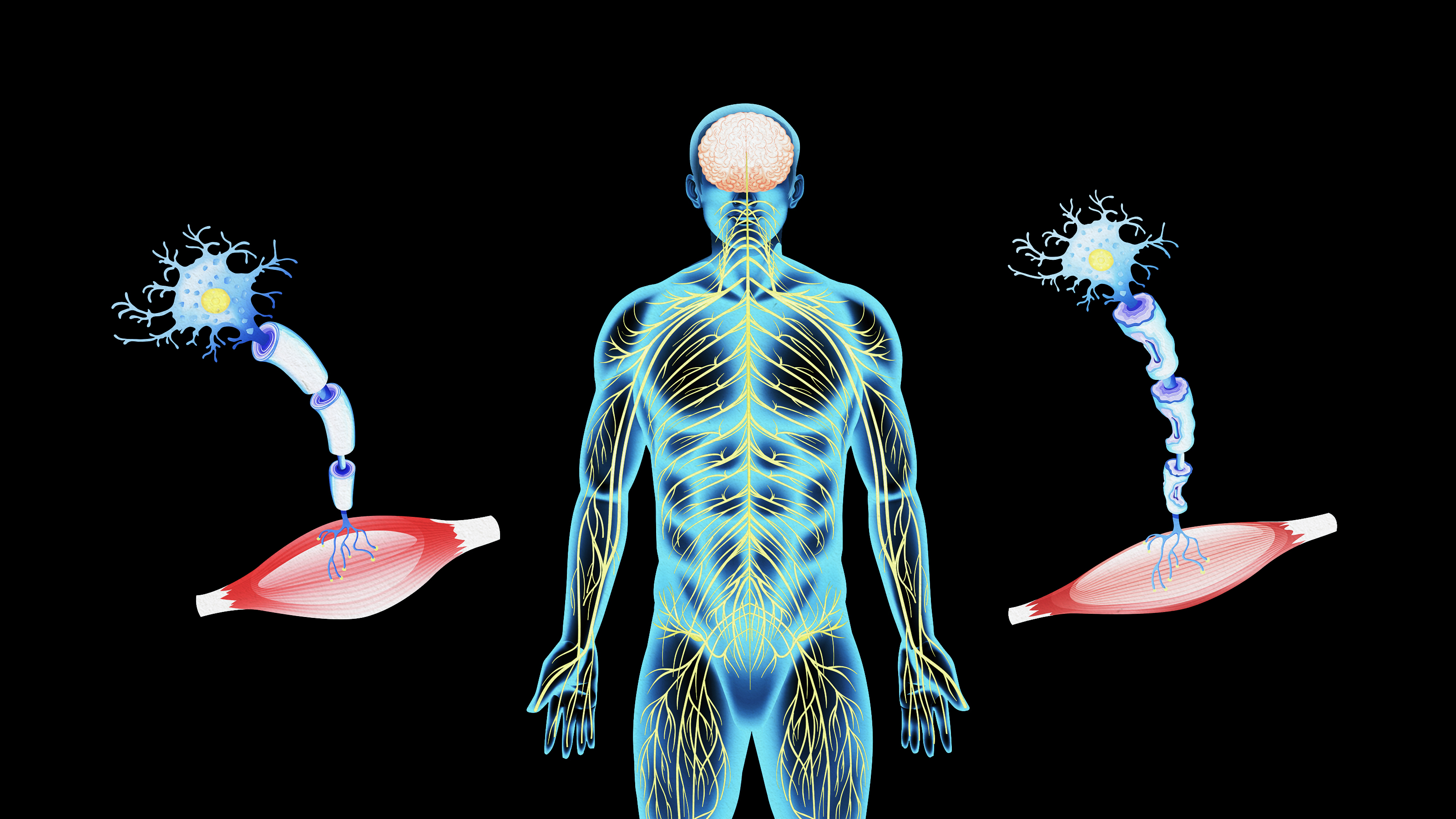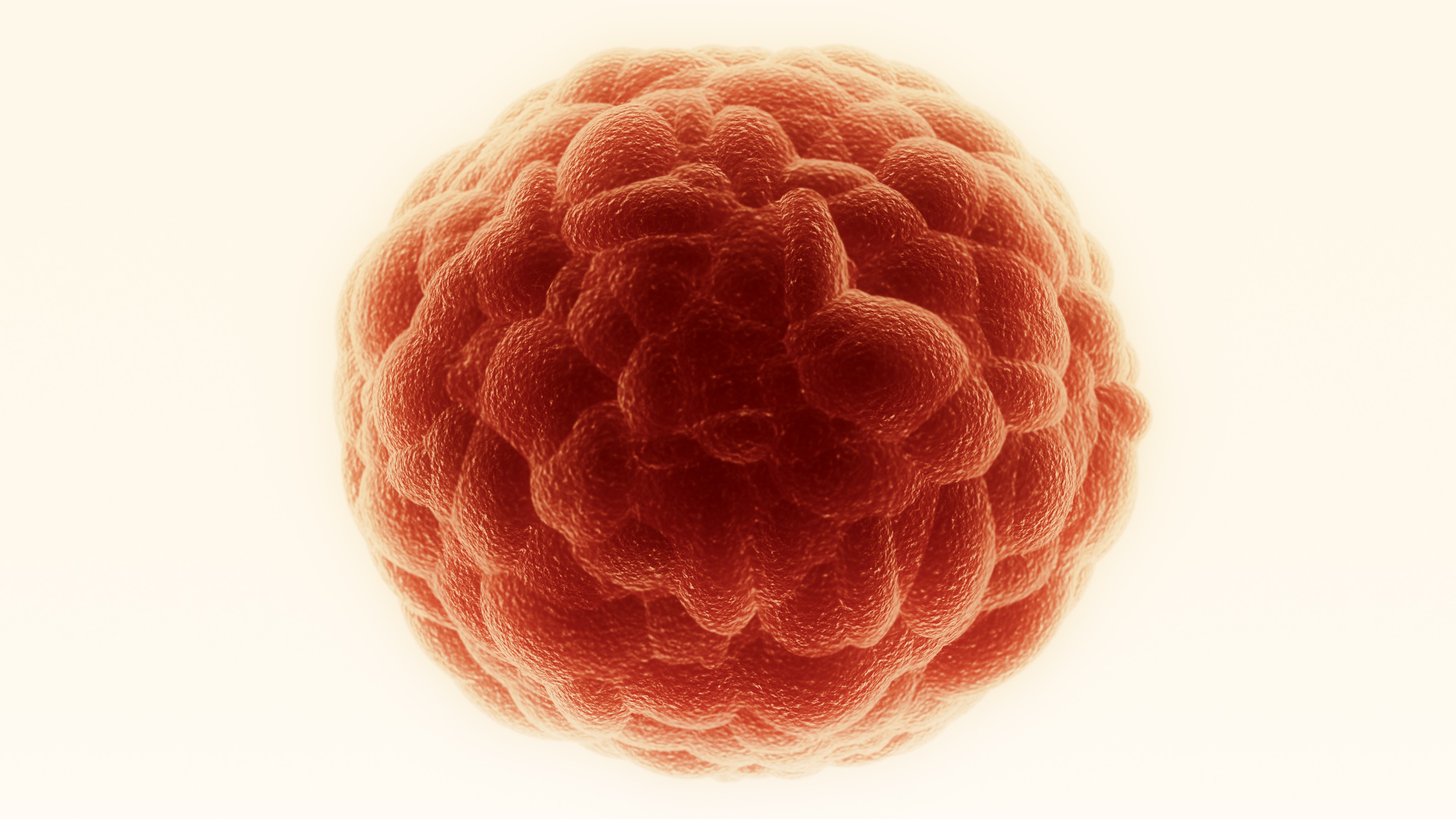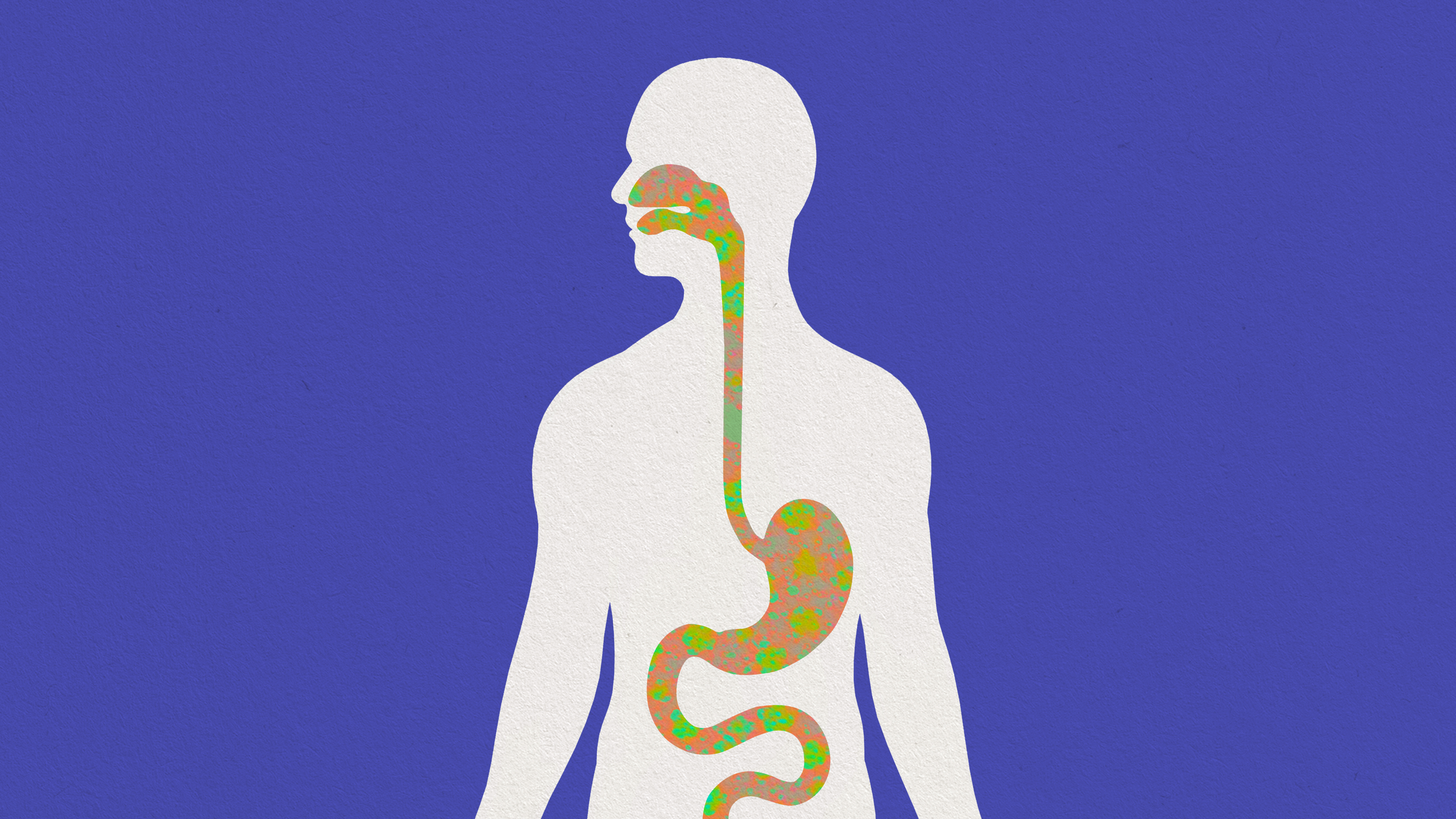human body
Football is a risky sport, but bicycling to work is far more dangerous.
Medical psychologist Catherine Monk explains how prenatal mental care benefits both mothers and babies.
The polymath used science to elevate his art.
AI is helping us replace petrochemicals with natural enzymes.
Listening to some songs can cause a powerful physiological response known as “frisson.” What is it, and why does it happen?
Bad news: Sleeping in on the weekends probably won’t cut it.
The best orgasms come when you learn how to unlock a sexual “flow state.” Emily Nagoski, a sex educator, shares a meditation to help you get started.
▸
11 min
—
with
Don’t argue with science. Just do it.
These landscapes — of geographical differences in head shapes — have vanished from acceptable science (and cartography).
Someday, scientists could use stem cells to guide the development of synthetic organs for patients awaiting transplants.
Philosophy can focus on some dull topics. Luckily, some thinkers have spent lots of time on the philosophy of sex
Decades of Alzheimer’s research might have missed a cellular culprit hiding in plain sight.
Your heart rate reveals your brain activity, which in turn can predict hit songs — and maybe stock performance, as well.
The topical gene therapy could one day help millions regain their vision.
A primer on Judith Butler’s theory of gender and performativity.
Exercise can have surprisingly transformative impacts on the brain, according to neuroscientist Wendy Suzuki. It has the power not only to boost mood and focus due to an increase in […]
▸
with
“I am not sick at all but everyone around me becomes sick.”
As cells divide, they must copy all of their chromosomes once and only once, or chaos would ensue. How do they do it? Key controls happen well before replication even starts.
Don’t feel compelled to start a napping routine just yet.
Boys are four times as likely as girls to develop autism. Girls are nearly twice as likely to experience depression. The immune system may be a player in these and other brain-health disparities.
There’s an entire Universe out there. So, with all that space, all those planets, and all those chances at life, why do we all live here?
Neuroscientists think a cluster of cells in the brain that stimulate appetite could be a target for eating disorder therapies.
The Serenity Prayer is nice — until the missiles come raining down on your city.
“The only options left were experimental approaches in clinical trials.”
To advance the gender-affirming healthcare of all those who transition, we must also understand the nature and causes of those who detransition.
“Domesticated viral genes” may not be domesticated as scientists thought.
Cancer likes glucose. So take it away.
Former Yale professor Dr. Morgan Levine shares 3 ways to change your diet to extend your life.
▸
5 min
—
with
A secret to a long, healthy life may lie in the diversity of gut viruses, which can supercharge bacterial metabolism and resist disease.

